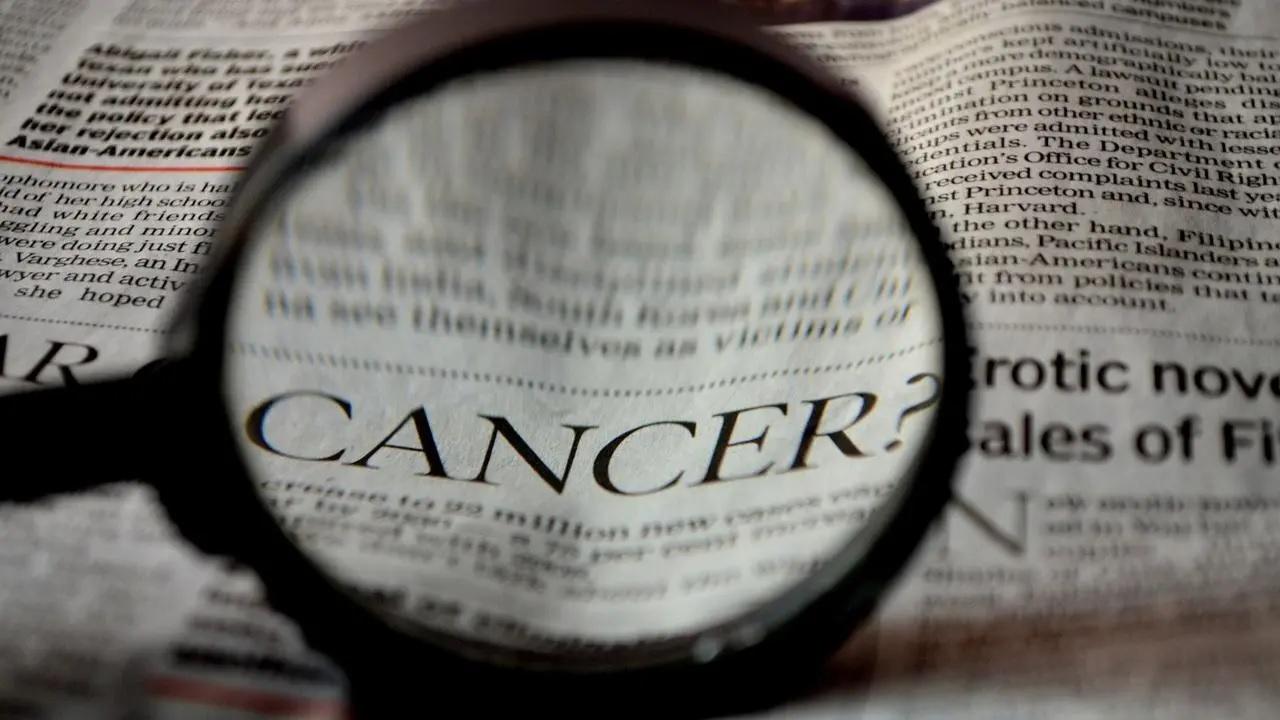
Movember, widely recognised for its moustache-led movement to raise awareness of prostate cancer, testicular cancer, and men’s mental health, has become a global symbol of male wellness. Yet in India, the message continues to be under-recognised, with awareness of these two major cancers still worryingly low.
On International Men`s Day, observed annually on November 21, mid-day spoke to Dr Anil Heroor, Director – Oncological Sciences, and Dr Aakil Khan, Consultant Urologist, KIMS Hospitals, Thane. They highlight the early signs men tend to overlook, the myths that delay diagnosis, and what society must do to normalise year-round conversations about men’s health.
Is awareness of prostate and testicular cancer still low in India?
Dr Heroor: “Awareness has improved compared to a decade ago, but it remains limited. Urban men are more informed due to better access to health information and routine check-ups. However, in semi-urban and rural areas, these cancers are often unheard of until they reach an advanced stage. Overall, men’s health conversations lag far behind women’s health awareness, making early detection rare.”
Dr Khan: “More men are informed today, but awareness is still concentrated among those who undergo yearly health check-ups. Many patients know about prostate enlargement but not prostate cancer, and testicular cancer remains one of the least-known male cancers.”
What early warning signs do men often ignore? How does screening help?
Dr Heroor: “Prostate cancer may present as frequent urination, a weak urine stream, pelvic discomfort, or blood in urine. Testicular cancer can appear as a painless lump or swelling in the scrotum. Because these symptoms seem mild, many men ignore them. Regular PSA screening after 50 and monthly testicular self-exams can detect abnormalities early—when they are highly treatable.”
Dr Khan: “Men often notice changes in urine flow or nighttime urination but attribute them to ageing. Testicular cancer may begin as a small area of firmness or a change in size—symptoms men often overlook because they’re not painful.”
Is the conversation around screening lacking? Why?
Dr Heroor: “Yes. Men often associate screening with weakness or illness. There is also a lack of male cancer–focused public health campaigns, unlike breast or cervical cancer initiatives. Screening helps detect silent cancers before they spread, improving survival rates and reducing treatment intensity.”
Dr Khan: “Urology screenings aren’t yet part of preventive healthcare in India. Many men don’t know that a simple PSA test and an ultrasound can detect issues long before symptoms become serious.”
What are the major risk factors, and do lifestyle or genetics play a bigger role?
Dr Heroor: “Age, family history, and high-fat diets increase prostate cancer risk. Testicular cancer is more common in younger men and those with undescended testes. Lifestyle factors such as obesity, smoking, and low physical activity worsen risk. Genetics plays a role, but a balanced diet, regular exercise, and avoiding tobacco can significantly reduce risk.”
Dr Khan: “For prostate cancer, age is the biggest determinant. Diets rich in animal fat and sedentary lifestyles contribute. Testicular cancer is linked to family history, prior testicular issues, and undescended testes.”
When should men begin screening?
Dr Heroor: “Men above 50 should undergo an annual PSA test, while those with a family history should start at 45. Monthly testicular self-examination is recommended for all men above 18, as testicular cancer affects younger age groups.”
Dr Khan: “PSA screening discussions should begin between 45–50, depending on risk factors. Testicular self-exams should start in adolescence, especially for athletes or those with previous groin injuries.”
What myths fuel delays in diagnosis?
Dr Heroor: “Many men believe prostate issues are just part of ageing or that testicular lumps will disappear on their own. Others fear diagnosis will affect sexual health. In reality, modern treatments are effective, organ-preserving, and often curative when detected early.”
Dr Khan: “Some men assume urinary symptoms are harmless or treatable with home remedies. Many fear examinations will be invasive or embarrassing, but most evaluations are quick and non-invasive.”
Do masculinity norms and embarrassment contribute to low awareness?
Dr Heroor: “Definitely. Men hesitate to discuss urinary or reproductive symptoms—even with doctors. Cultural expectations to appear ‘strong’ discourage preventive care, delaying diagnosis and worsening outcomes.”
Dr Khan: “Discomfort around discussing urinary and reproductive issues leads many men to seek help only when symptoms become severe, making treatment more complicated.”
How can society normalise conversations about men’s cancer awareness?
Dr Heroor: “We need open discussions across media, workplaces, and schools—just as we’ve done for women’s cancers. Routine health check-up camps, awareness drives, and inclusion of prostate and testicular cancer in national screening programmes can save lives.”
Dr Khan: “Normalisation means treating urology consultations like dental or cardiac check-ups. Workplace screenings, sports clubs, and digital campaigns can help men understand that prostate and testicular evaluations are simple preventive steps.”
